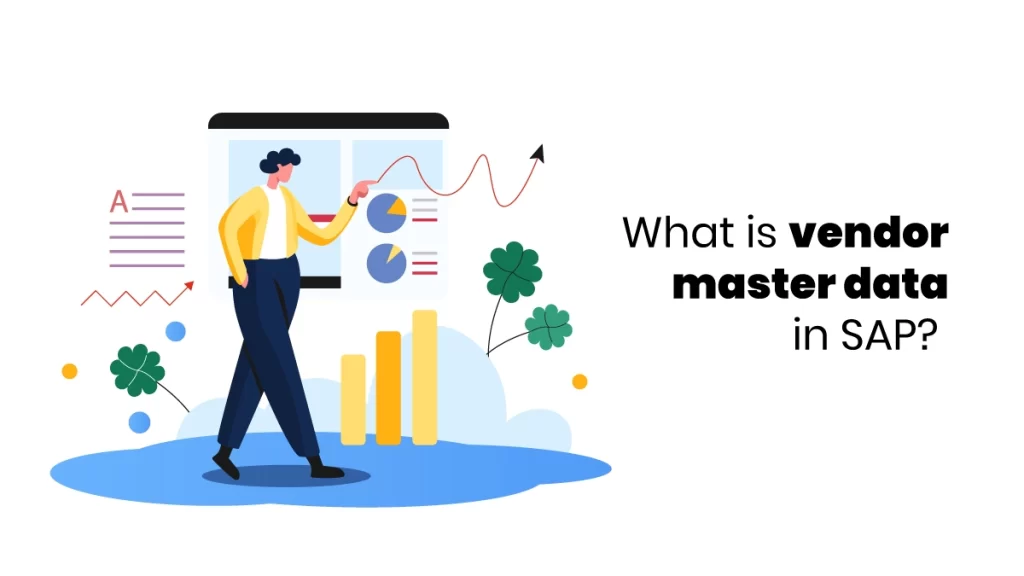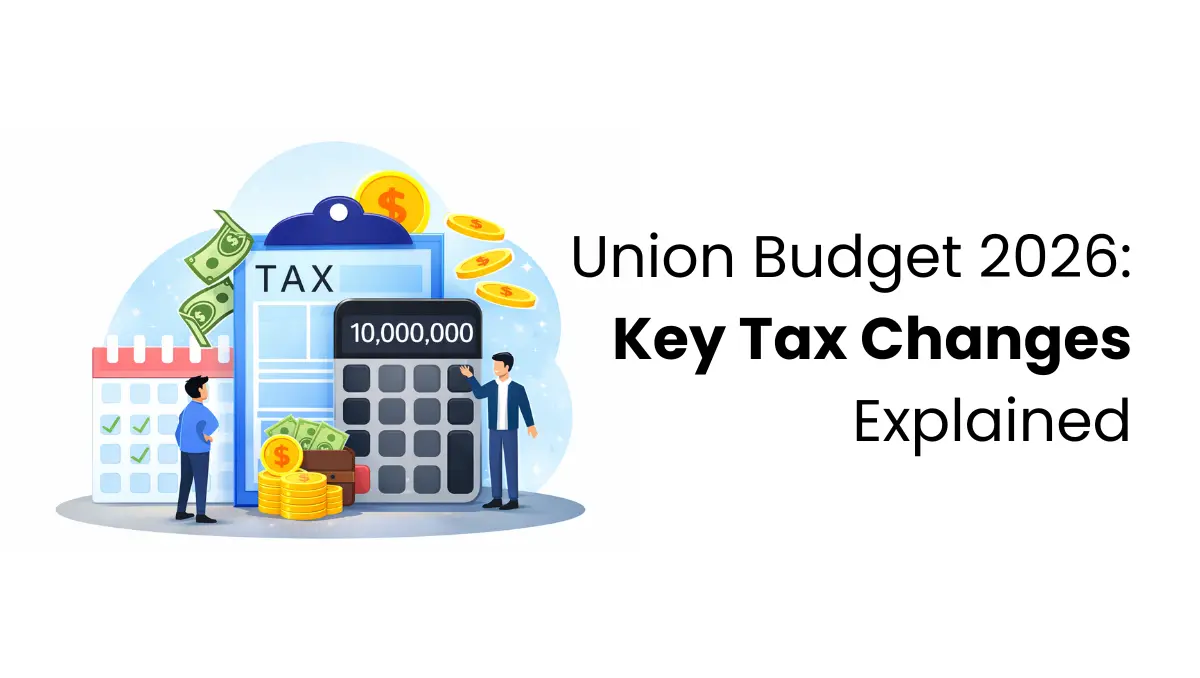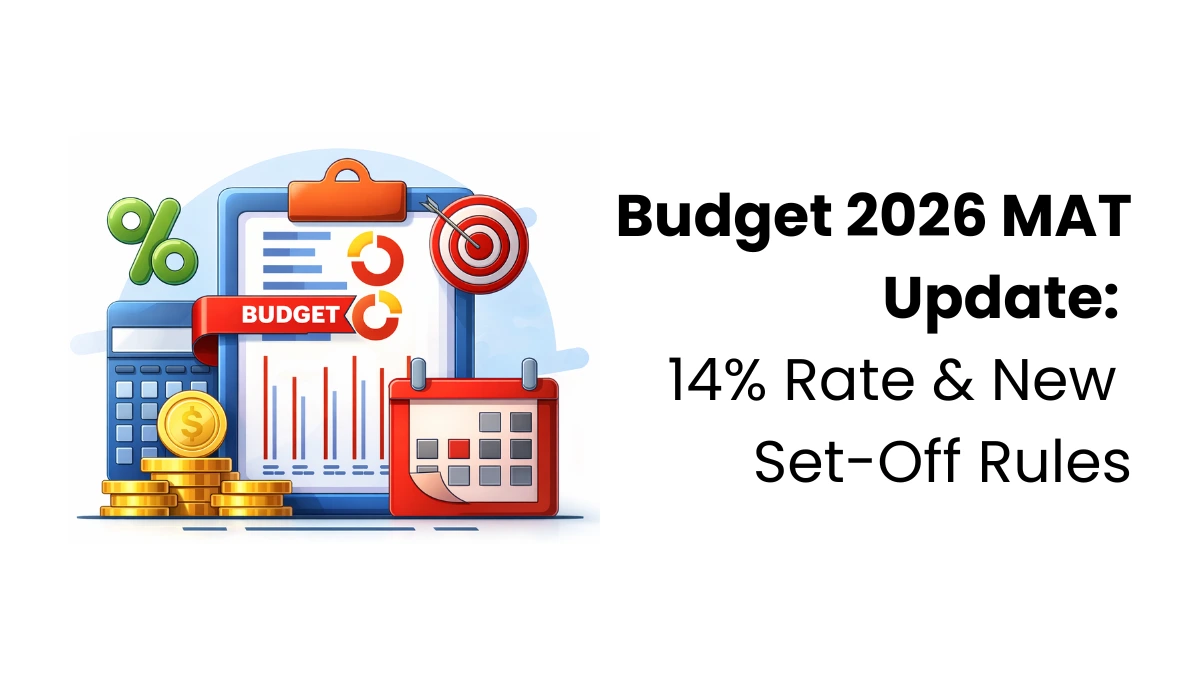Transactions in business are recorded and controlled by submitting entries to specific accounts. It is vital to create an account master record for each account in order to ensure the system’s processing and recording of transactions in the business. The master record functions as a central point of control that determines the way transactions are processed and ensures consistency in the accounting process. Effective and precise data management is vital for streamlined business processes within SAP (Systems Applications, Systems, and Products for Information Processing).
One of the most important components of data management is the vendor master data, which is a complete source of information on suppliers and vendors that a company collaborates with for business transactions. The vendor master data is an organized and centralized source of basic contact information and financial terms specific to the company. This centralised data source helps to streamline procurement procedures, including financial transactions as well as general management of the supply chain.
Overview of Vendor Master Data
Vendor master data in SAP is a central place where all the important information of the suppliers and vendors is stored. It includes the key details that provide smooth communication and collaboration between an organization and its suppliers. This plays a crucial role in different modules within the SAP, such as Materials Management (MM), Finance (FI), and Controlling.
Critical Components of Vendor Master Data
Some of the components that enrich the SAP vendor data management include:
1. Basic Information
Ensuring the accuracy and completeness of legal entity details and contact information lays the groundwork for effective vendor identification and communication.
2. Financial Information
Defining payment terms and credit limits mitigates financial risk and ensures adherence to contractual obligations, enhancing overall financial management.
3. Compliance Data
Verifying regulatory compliance and conducting AML and KYC processes adds legitimacy and regulatory adherence to vendor relationships.
4. Performance Metrics
Monitoring key performance indicators (KPIs) and service level agreements (SLAs) provides a quantifiable assessment of vendor performance for informed decision-making.
5. Transaction History
Maintaining a comprehensive history of purchase orders, invoices, and payments facilitates efficient tracking of procurement activities and order-to-cash cycles.
6. Risk Management
Conducting supplier risk assessments and verifying insurance coverage contribute to proactive risk management strategies.
7. Integration with ERP Systems
Seamless integration with Enterprise Resource Planning (ERP) systems ensures real-time data synchronisation, reducing the likelihood of errors and enhancing operational efficiency.
8. Data Governance
Establishing data quality standards and assigning clear data stewardship responsibilities enhances the accuracy and consistency of Vendor Master Data.
9. Data Enrichment Tools
Leveraging automated data cleansing and enrichment tools ensures ongoing maintenance of high-quality vendor data.
10. Security Measures
Implementing role-based access controls and data encryption safeguards sensitive vendor information from unauthorised access.

Strategic Importance of Vendor Master Data in SAP
The strategic value of Vendor master information (VMD) can’t be overemphasized in modern-day business processes. Vendor master information refers to the information on vendors and suppliers, such as names of vendors, addresses, contact details, payment terms, and other important characteristics, that is stored in the database of the business. Here are some points that highlight the strategic value of master vendor data in SAP:
Streamlined Procurement Processes
Effective procurement is very important to the overall success of any company. Vendor master data facilitates efficient procurement processes through a centralized repository of data about suppliers. This allows purchasing teams to get up-to-date and accurate information about vendors, which helps to speed up the decision-making and decreases the amount of time needed for procurement cycles.
Risk Mitigation
Vendor master data in SAP plays a crucial role in the management of risks. Organizations can use the information to evaluate the reputation, financial stability, and compliance status of the vendors to gain a complete understanding of the capabilities of vendors and their reliability. It also helps to reduce disruptions in case of supply chains, regulatory violations, and product quality issues.
Financial Management and Cost Control
The vendor master data is connected to financial management, containing information on discount terms, payment terms, and credit limits. The accuracy of the data allows organizations to improve the flow of cash, bargain for favorable agreements with their vendors, and control expenses. This results in better financial management and planning.
Compliance and Governance
The issue of regulatory compliance is becoming a major issue for companies operating across a variety of sectors. Vendor master data helps businesses ensure compliance with regulatory and legal requirements. It helps in tracking the certifications from vendors as well as industry standards, and compliance with ethical business practices. This helps support corporate governance initiatives.
Strategic Sourcing and Relationship Management
Vendor master data helps in strategic sourcing by providing insight into the capabilities of vendors, their performance history, and the potential for collaboration. With a properly managed database of vendors, organizations can find key partners, negotiate on favorable conditions, and establish lasting relationships that contribute to mutual success.
Data-driven Decision Making
The analysis of performance metrics for vendors, historical data, and market trends helps organizations make informed choices, improve their supply chain, and find potential opportunities for continuous improvement.
Supply Chain Resilience
Reacting to disruptions and adapting is essential for the resilience of supply chains. Vendor master data helps in the creation of supply chains that are resilient by providing the information needed to evaluate and reduce risk. Companies can be proactive in identifying alternative suppliers, establishing contingency plans, and increasing the overall resilience of supply chains.
By using this information effectively, the companies can increase the efficiency of their operations, minimize risks, and make informed decisions for a long-term successful business in a complex and competitive business world.
Joining an online course in SAP is a must to explore the complexities of SAP and gain a thorough understanding of the business. Finprov, an innovative institute for education, provides a variety of accounting courses that include top-quality SAP classes within Kerala. The courses we offer are flexible, allowing both in-person and virtual learning experiences. Finprov, we are a group of experienced instructors who lead interactive sessions and provide ongoing guidance throughout the day. We are committed to empowering learners to effortlessly implement SAP techniques in real-world situations, providing a real-world and applicable knowledge base.
We also provide an SAP S/4 HANA training course designed specifically for accounting and finance professionals looking to further their careers. The courses are hands-on and provide training that will result in SAP certification upon completion. The need for SAP knowledge is growing, and our courses are specifically designed to meet this increasing demand from the business. When you join Finprov Learning, you embark on a journey of transformation that expands your knowledge and prepares you for great career opportunities in finance and accounting.
FAQs
Q1. What is Vendor Master Data in SAP?
Vendor Master Data is a database that stores all key information about a company’s suppliers, including contact details, payment terms, compliance documentation, and transaction history.
Q2. How does SAP Vendor Data Management improve business operations?
This helps to improve the data accuracy, streamlines procurement processes, ensures regulatory compliance, and reduces financial risks.
Q3. What are the career opportunities for professionals skilled in SAP Vendor Master Data management?
Professionals with SAP skills, especially in Vendor Master Data, SAP FI/CO, and MM, have high demand across different industries like manufacturing, finance, logistics, and retail . Some of the top job roles include SAP Functional Consultant, Procurement Analyst, Vendor Data Analyst, and SAP Master Data Specialist.
Q4. Where can I learn SAP, specifically related to Vendor Master Data and SAP FICO?
You can learn SAP with expert-led courses from Finprov, which offers both online and offline training programs, with hands-on experience, and is tailored for accounting and finance professionals.
Q5. How can mastering Vendor Master Data help advance my accounting career?
Mastering Vendor Master Data helps professionals to improve financial reporting accuracy, enhance supplier negotiation, and ensure compliance, which are the skills that are required for finance and accounting roles.










